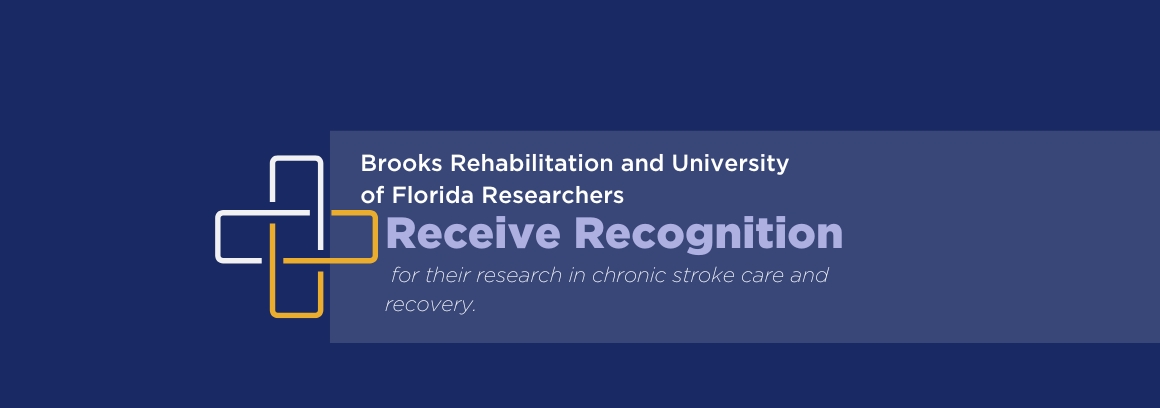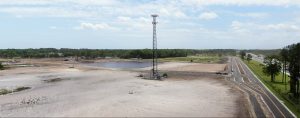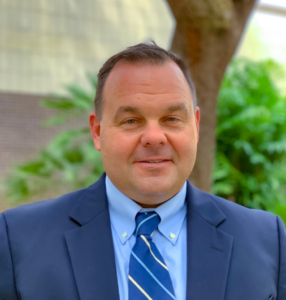The Difference Six Minutes Make in Post-Stroke Care

Back to physical health resource hub
Researchers from Brooks Rehabilitation and University of Florida College of Public Health and Health Professions(UF PHHP) Research Collaboration were recently awarded “Best Poster” by the Stroke Special Interest Group (SIG) duringAmerican Physical Therapy Association’s combined sections meeting, an annual conference held in February.
The authors of the winning poster include Clinician Scientist Gina Brunetti, PT, DPT, NCS, at Brooks Rehabilitation; Research Professor, Department of Physical Therapy at UF PHHP, and Research Scientist at Brooks,Dorian RosePT, MS, PhD, FAPTA; and Assistant ProfessorUF Breathing Research and Therapeutics Center.

Advancing Post-Stroke Care
The poster showcased research the team conducted on respiratory impairment in post-stroke patients, funded by the Florida Department of Health. The study proposed that the six-minute walk test (6MWT) could be used by physical therapists as a proxy for a respiratory muscle strength test.
Respiratory muscle strength and coordination are important for an effective cough. This allows a person to clear their airway to protect themselves from drawing in fluid or food to the lungs. In stroke survivors, respiratory muscle strength can weaken and is important to monitor as an ongoing issue. Physical therapists typically do not assess respiratory muscle strength for chronic stroke survivors living out in the community.
The researchers evaluated a group of 64 post-stroke patients performing a six-minute walk test to record their movements and the distance achieved. There was a significant relationship observed between the distance the patients were able to walk during the six minute test and respiratory muscle strength.
Those identified as “Household Ambulators,” walked less than 205 meters in six minutes and had decreased inspiratory and expiratory strength compared to “Community Ambulators,” who walked greater than 205 meters in six minutes.
Exemplary Results
The research based on the walk test and respiratory muscle strength demonstrated that clinicians could use this test to determine the progress of a patient living in the community and engage in respiratory muscle training if needed to prevent future complications and illnesses.
The leadership of Stroke SIG viewed all of the posters at the APTA/CSM meeting while the authors verbally presented their research. The “Best Poster” is determined as a result of the presentations.
An estimated 55 posters were in competition within Stroke SIG at the APTA/CSM meeting for the Best Poster award.
The Stroke Special Interest Group is a subsection of the Academy of Neurologic Physical Therapy (ANPT). Its central focus is to educate clinicians, students, staff and those affected by stroke on evidence-based research.
Brooks – UF PHHP Research Collaboration
Brooks Rehabilitation and University of Florida of Public Health and Health Professions (UF PHHP) collaboration combines academic and rehabilitation research to impact the health and well being of individuals and communities. Since 2013, the Brooks-UF PHHP Research Collaboration has resulted in over 100 publications and more than $11 million in grant funds.


